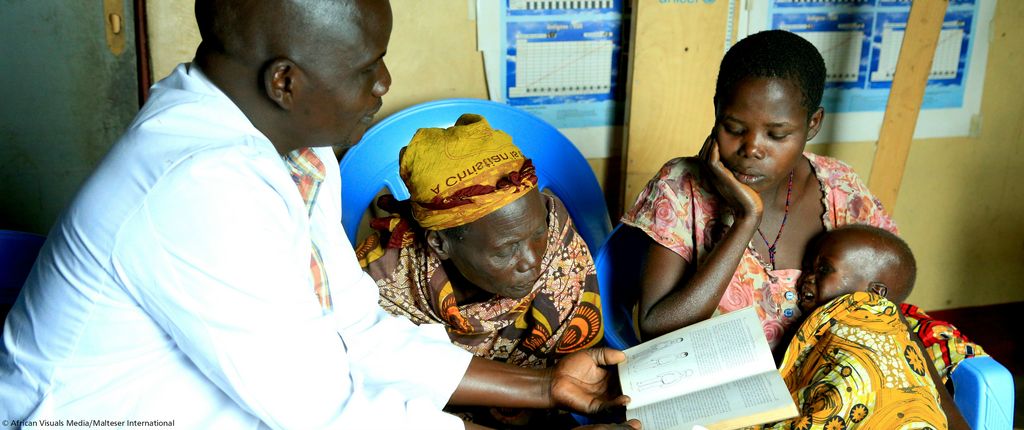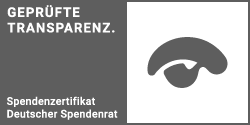
Health care and water supply for South Sudanese refugees in Camp Meri
Due to the ongoing crisis in South Sudan, many people have fled to neighboring countries. Since July 2016, over 89,000 refugees from South Sudan have been registered in the north eastern part of the Democratic Republic of the Congo. Over 35,000 refugees live in the refugee Camp Meri, in the province of Haut-Uélé.
The journey across borders can be tiring and dangerous, most refugees often arrive their destination very weakened or even injured. There is also a high risk of epidemic outbreaks. These refugees are therefore are in dire need of access to clean drinking water and adequate health care. Since 2016, we are committed to improving water supply, sanitary and hygiene conditions as well as ensuring free access to medical care for the South Sudanese refugees in Camp Meri.
More and more people from crisis-riden South Sudan continue to flee to the Democratic Republic of the Congo. In the north eastern part of the country, the Ituri and Haut-Uélé provinces have been most affected by the large number of refugees.
Camp Meri, in Haut-Uélé province, hosts over 35,000 refugees, even though the refugee camp originally was planned for 20,000 people.
Water needed for cooking and personal hygiene is mostly collected from open water sources such as rivers and streams. However, due to high population density, these water sources are easily polluted, representing a serious health hazard for the communities. The majority lacks access to safe water and sanitation facilities. Similarly, many refugee women have no access to menstrual hygiene products.
Refugees are mostly weakened and injured when they arrive in DR Congo. These patients usually don't have enough money to bear the costs of treatment and medication. Health facilities often lack water supply and adequate sanitation facilities, as well as medical equipment and medications. Moreover, technical knowledge of health personnel is often limited, and the health services are of poor quality.
- Ensuring free medical care for refugees
- Improving quality of care in highly frequented health centers
- Improving water supply in health facilities and in the refugee camp Meri
- Improving sanitary facilities in health facilities
- Reducing health risks and the spread of diseases
- Distribution of medical kits to health centers and hospitals, and supporting them financially to enable them offer free medical services to the people
- Construction of water supply and sanitary facilities such as latrines, showers, incinerators at highly frequented health centers
- Ensuring occupational safety in health centers and clinics, and providing them with materials needed for the prevention of infection
- On-the-job training to improve the quality of health services and infection prevention and control within health facilities
- Spring protection and drilling of boreholes in Camp Meri to improve access to water for South Sudanese refugees
- Providing female refugees in Camp Meri with menstrual hygiene kits
- Setting up health commitees and running hygiene education campaigns to prevent transfer of diseases
Country info
Capital: Kinshasa
Area: 2,345,410 km²
Population: ca. 102.3 million
Project data
Financing: German Federal Foreign Office (AA) and donations
Partners: Health centers and referral hospitals, local and national public health authorities








